12 Actors Who Refuse to Watch Their Own Movies
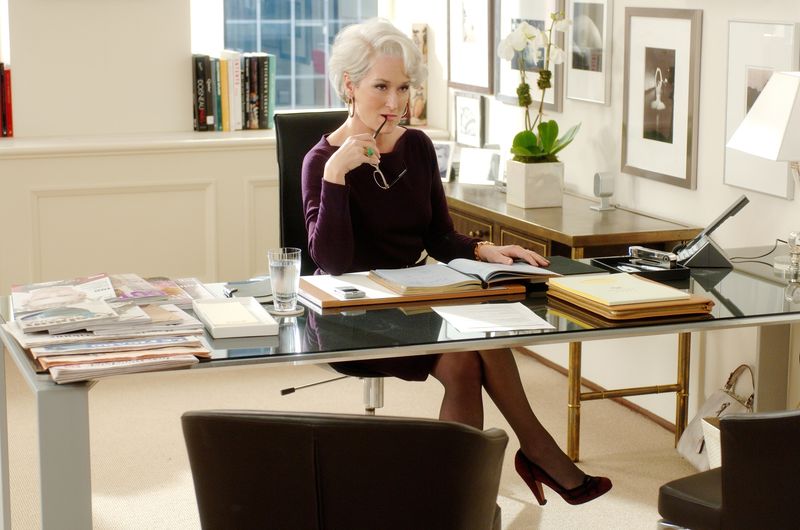
Some actors love watching themselves on screen, while others can’t stand it. Many famous Hollywood stars have admitted they avoid their own movies completely. It might seem strange, but these actors have different reasons for skipping their premieres and staying away from their finished work.
1. Johnny Depp
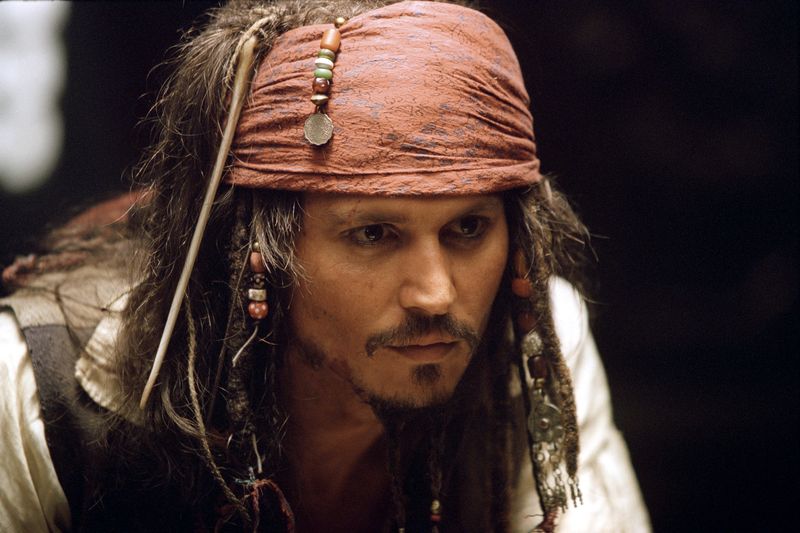
Johnny Depp has openly shared that watching his own performances makes him uncomfortable. He believes seeing himself on screen creates too much self-criticism and anxiety. The actor prefers to focus on the creative process rather than the final product.
Depp has mentioned in interviews that he trusts his directors and fellow actors to judge his work. He finds more satisfaction in the experience of making films than watching them later. His approach allows him to avoid the stress of analyzing every gesture and line delivery.
This habit has stayed with him throughout his long career in Hollywood. Many fans find it surprising, but Depp remains committed to this personal choice.
2. Joaquin Phoenix
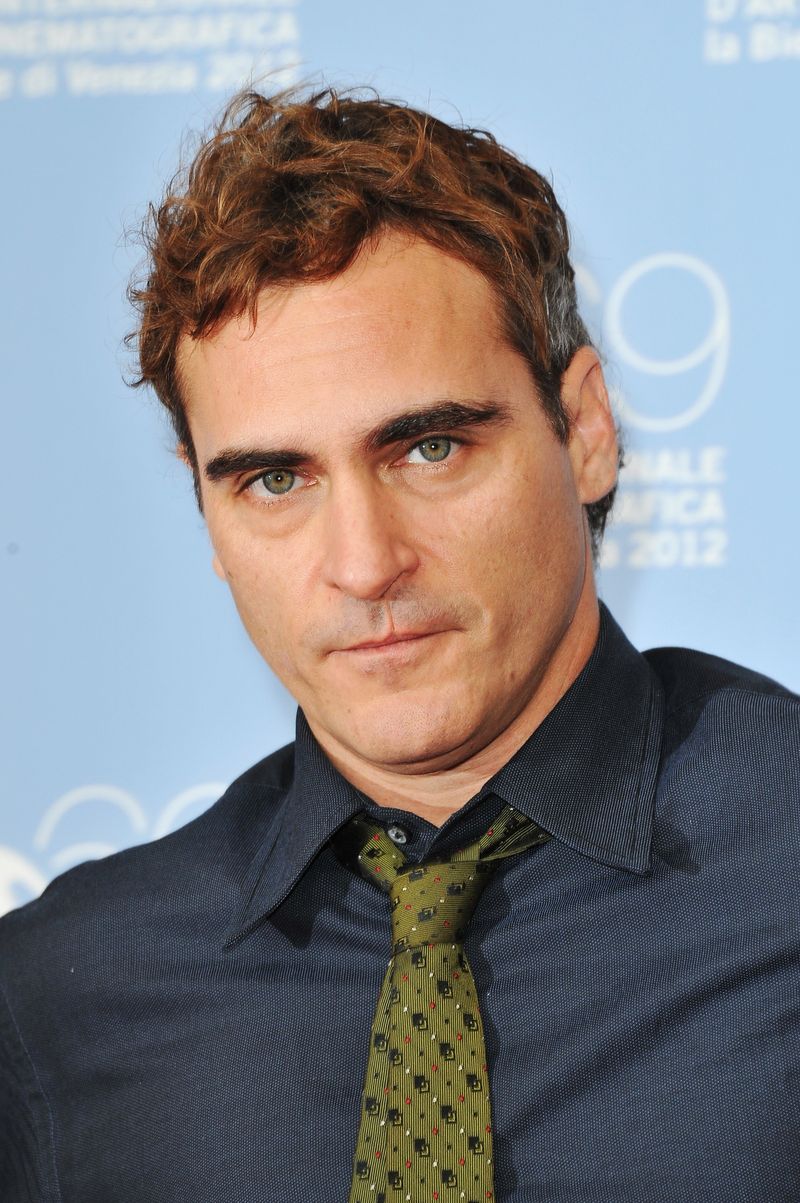
Known for his intense method acting, Joaquin Phoenix rarely watches his completed films. He worries that seeing himself perform might influence future roles negatively. Phoenix believes staying away from his work helps him remain fresh and spontaneous as an actor.
The Oscar-winning performer has explained that watching himself creates unnecessary doubts. He prefers to move forward to new characters instead of dwelling on past performances. This mindset keeps him focused on growth rather than perfectionism.
Phoenix’s dedication to his craft is legendary in Hollywood. His refusal to watch his movies is just one part of his unique approach to acting.
3. Adam Driver
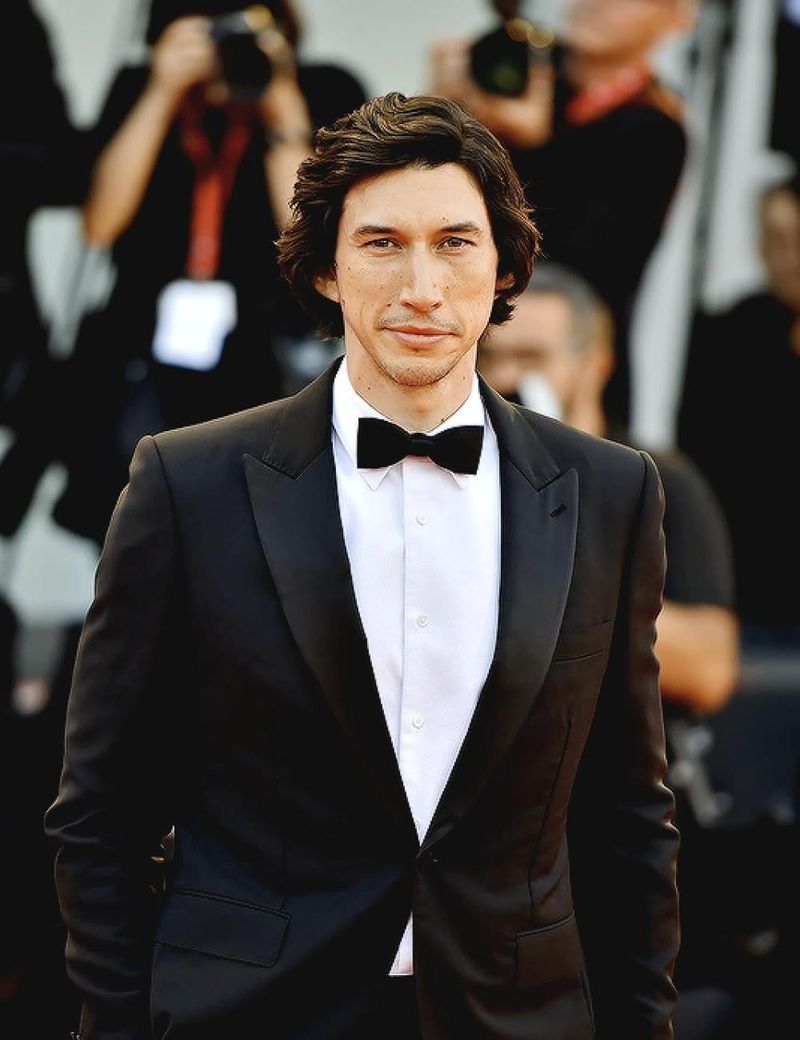
While fans line up to see Adam Driver on the big screen, the man himself is likely nowhere near the theater. He’s made it clear: he doesn’t watch his own movies. A former Marine with a deep respect for discipline, Driver says the experience pulls him out of the work — so he skips premieres, avoids screenings, and leaves the watching to the rest of us.
His reasoning stems from wanting to protect his creative process. Driver believes that seeing his performances could make him too self-conscious in future roles. He trusts the directors he works with to guide him properly during filming.
This approach has worked well for his successful career. Driver continues to deliver powerful performances without ever looking back at his finished work.
4. Jared Leto
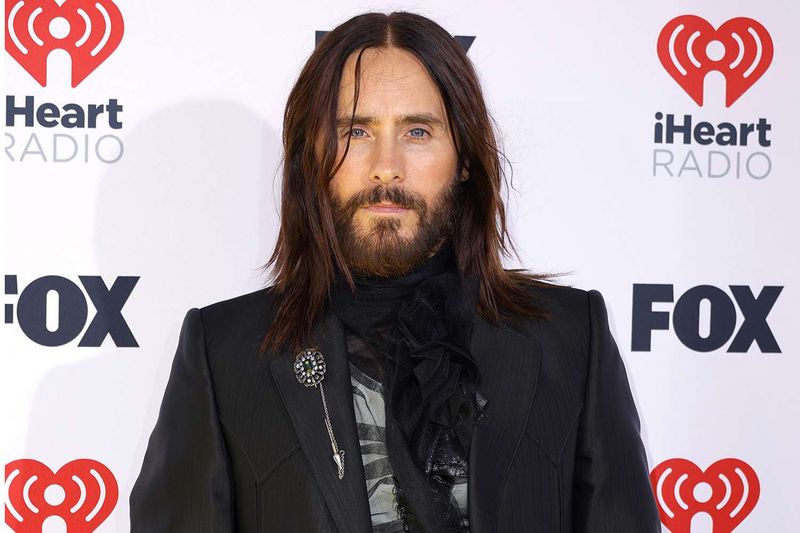
Jared Leto takes his method acting seriously and avoids watching his completed projects. The actor and musician believes that viewing his performances breaks the spell of character immersion. Leto prefers to remember the experience of becoming someone else rather than seeing the technical result.
He has mentioned that watching himself creates a disconnect from the emotional journey. His focus remains on the transformation process that happens during filming. This dedication to staying in character extends even after production wraps.
Leto’s commitment to this philosophy has defined his career. His choice reflects his deep respect for the acting craft itself.
5. Reese Witherspoon
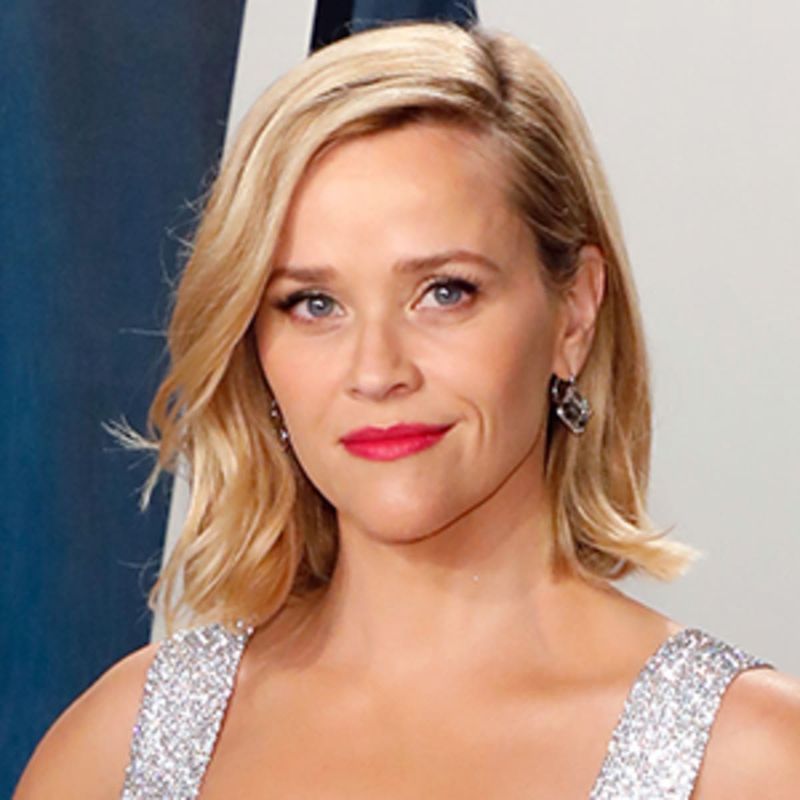
Believe it or not, Reese Witherspoon isn’t a fan of watching her own movies. She’s admitted that seeing herself on screen makes her uncomfortable — she notices every little thing, from her voice to her expressions, and just can’t help but cringe.
Despite producing many projects, she rarely sits through the final versions. Her focus stays on creating quality content rather than reviewing her own contributions. This habit helps her maintain confidence without overthinking past choices.
Witherspoon’s honesty about this topic has resonated with many fans. Her successful career proves that self-criticism doesn’t have to hold you back.
6. Andrew Garfield
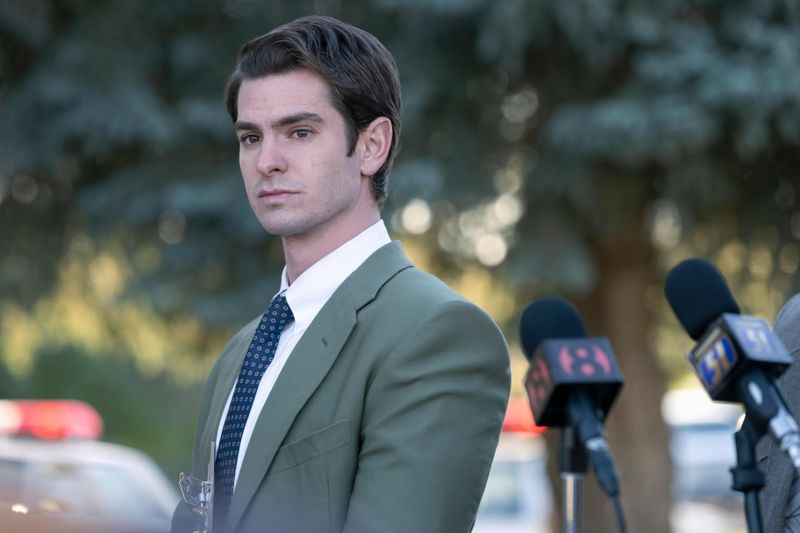
Andrew Garfield struggles with watching his own performances because of perfectionism. The British-American actor has explained that he sees only mistakes and missed opportunities. Garfield believes this self-criticism doesn’t serve him or help him improve as an artist.
He prefers to trust his instincts during filming rather than second-guess later. His directors and co-stars provide the feedback he needs during production. This approach allows him to stay present and engaged with each new character.
Garfield’s vulnerability about this struggle makes him relatable to audiences. His choice to avoid his movies protects his mental health and creative spirit.
7. Meryl Streep
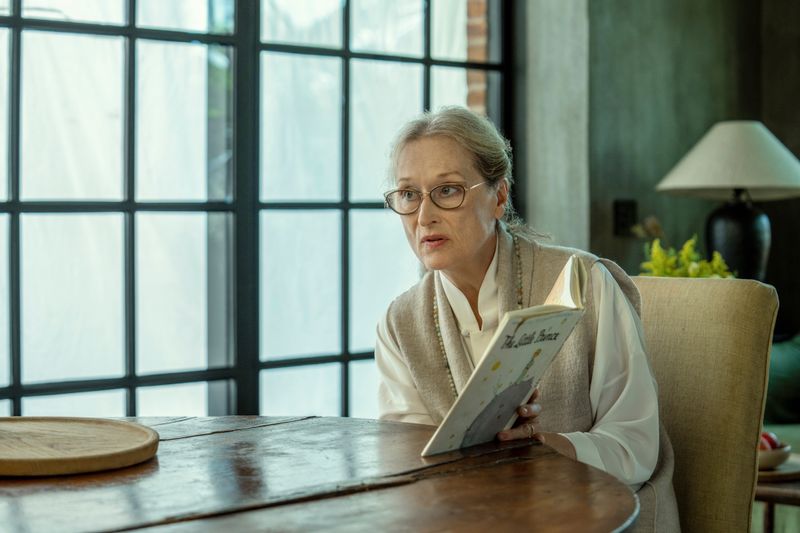
Even the legendary Meryl Streep avoids watching her own performances regularly. With countless awards and decades of experience, she still finds it uncomfortable to view her work. Streep has mentioned that she only watches her films when absolutely necessary for promotional purposes.
The iconic actress believes her job ends when filming wraps up. She trusts her directors completely and doesn’t need to review her performances. This confidence comes from years of experience and professional relationships.
Streep’s humility about her craft remains inspiring to younger actors. Her avoidance of self-watching shows that even legends experience discomfort with their own image.
8. Julianne Moore
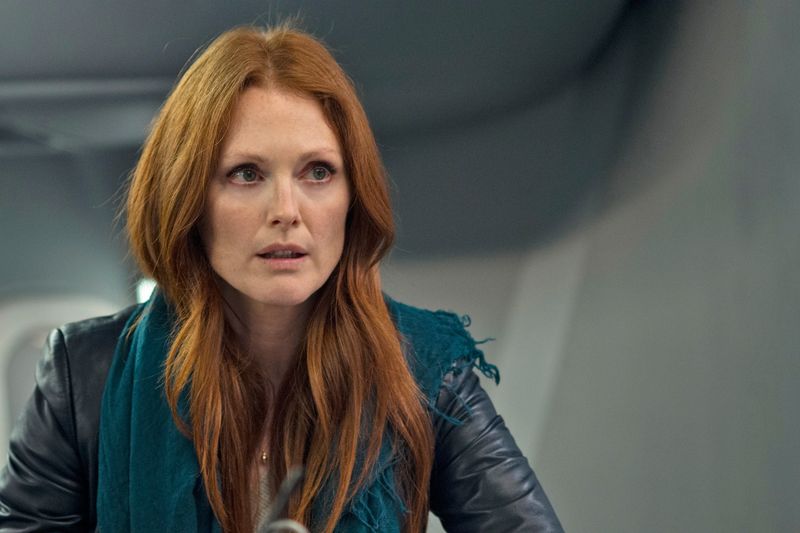
Watching her own movies isn’t something Julianne Moore enjoys. She’s admitted that she gets too caught up in analyzing how she looks or how she delivered a line, which takes all the fun out of it for her.
She attends premieres for professional reasons but often looks away during her scenes. Her focus remains on collaborating with talented directors and telling meaningful stories. This perspective keeps her grounded despite her impressive filmography.
Moore’s honesty about this personal quirk makes her more relatable. Her career success shows that avoiding self-review doesn’t limit professional excellence.
9. Jesse Eisenberg
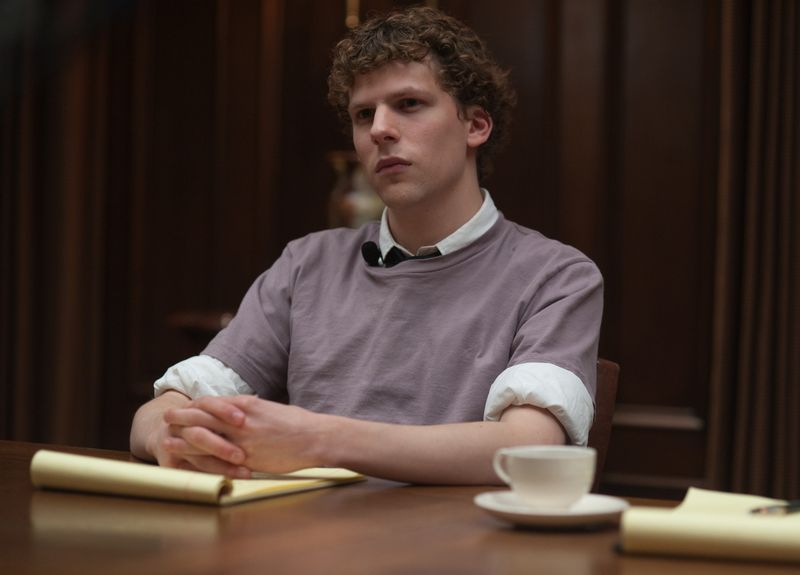
Jesse Eisenberg has described watching his own movies as a painful experience. The actor and playwright finds it embarrassing to see himself portrayed larger than life. Eisenberg has joked that he would rather do almost anything else than sit through his own films.
His anxiety about self-watching stems from natural shyness and self-consciousness. He prefers writing and creating new work to reviewing past projects. This forward-thinking approach keeps him productive and less focused on perfectionism.
Eisenberg’s quirky personality shines through in his honest admissions. His refusal to watch his movies is just another endearing aspect of his character.
10. Angelina Jolie
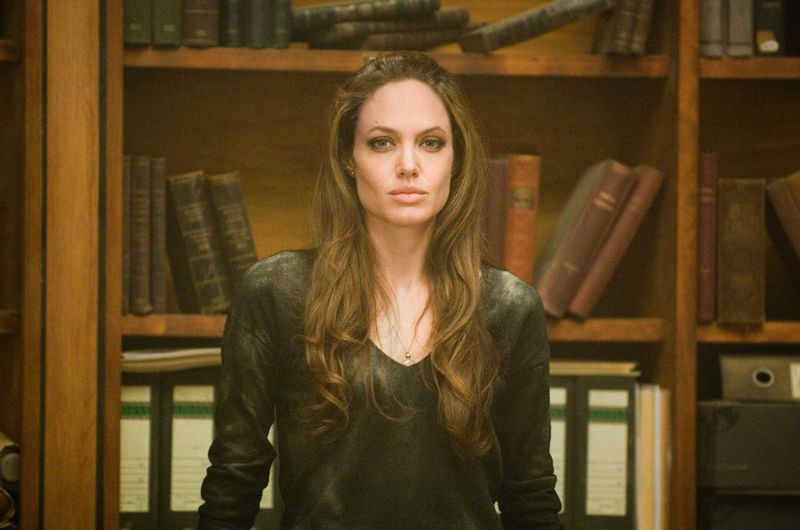
Despite being one of Hollywood’s biggest stars, Angelina Jolie doesn’t really watch her own films. She’s said she’s much more into the creative process behind the scenes, and seeing herself on screen just feels odd to her.
Her transition into filmmaking has given her a new perspective on movie creation. She understands the importance of every role but doesn’t need to review her own contributions. This detachment helps her maintain objectivity when working behind the camera.
Jolie’s multifaceted career keeps her looking forward rather than backward. Her choice reflects her evolution as an artist and storyteller.
11. Tom Hanks
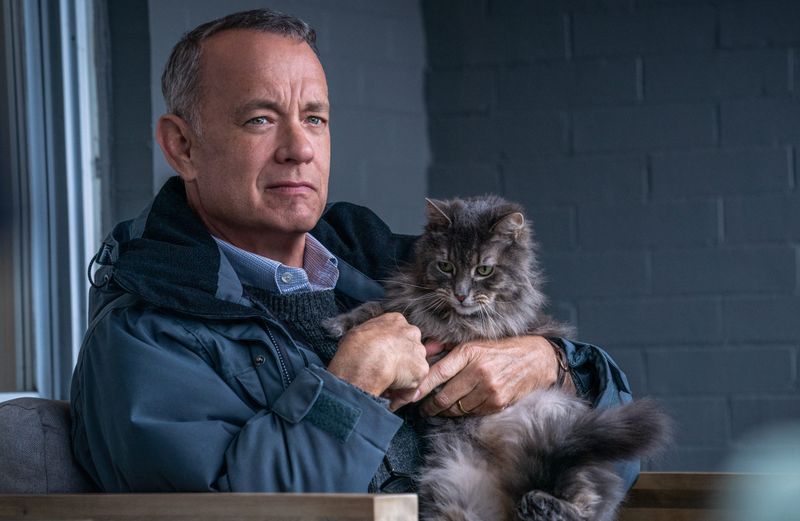
Tom Hanks has revealed that he seldom revisits his own movies after they’re released. America’s favorite actor finds it uncomfortable to watch himself, despite his beloved status. Hanks has joked that he can only tolerate watching his films after many years have passed.
He believes enough time creates distance that makes viewing more bearable. His focus remains on choosing good scripts and working with talented people. This humble approach has endeared him to audiences worldwide.
Hanks’s down-to-earth nature extends to how he views his career. His reluctance to watch his work shows genuine modesty despite enormous success.
12. Nicole Kidman
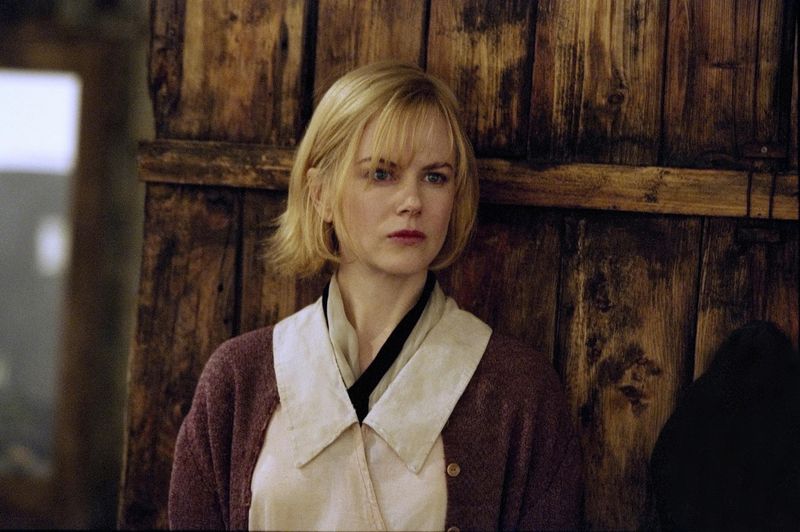
Watching her own performances isn’t something Nicole Kidman enjoys. She’s shared that it makes her incredibly uncomfortable — she starts overanalyzing everything, to the point where she sometimes walks out of her own screenings.
Her perfectionist nature makes self-viewing particularly challenging for her mental well-being. She prefers to remember the experience of creating characters rather than analyzing the results. This protective approach helps her maintain enthusiasm for new projects.
Kidman’s vulnerability about this struggle connects her with audiences. Her honesty reminds us that even successful people deal with self-doubt and criticism.

Comments
Loading…